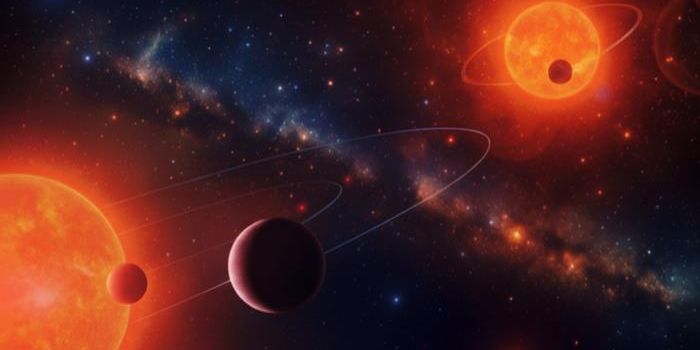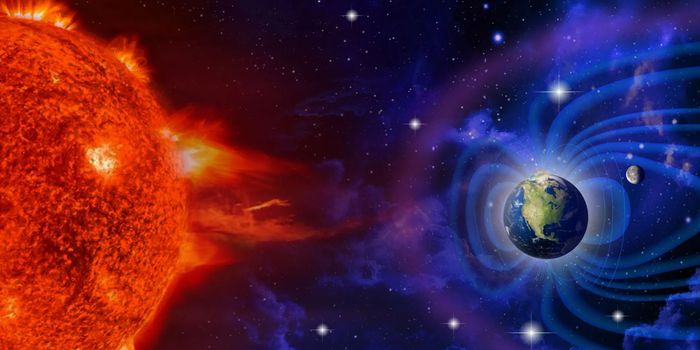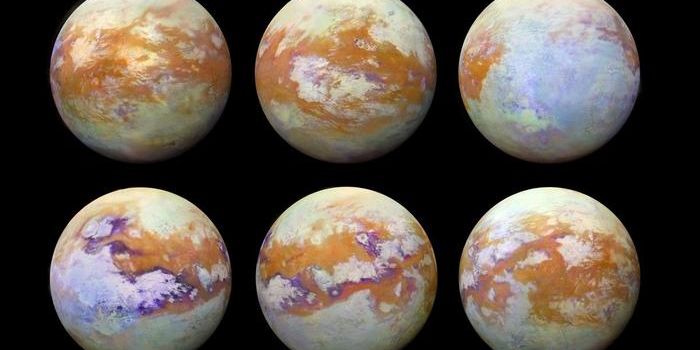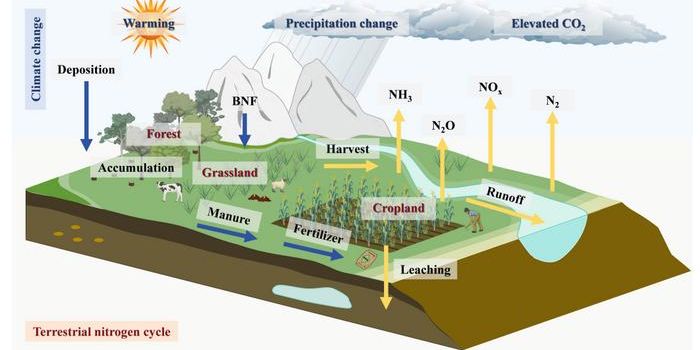Toxic brine injections into the earth from oil and gas production cause earthquakes - but why?
New research published recently in the journal Proceedings of the National Academy of Sciences explains that shallow wastewater injections from oil and gas production are the drivers of earthquakes, not deep wastewater injections. Wastewater injections consist of toxic brine, which is a byproduct of oil and gas production. Brine is often disposed of by injecting it back into the earth’s subsurface, which has been shown to trigger earthquakes.
The study comes from geoscientists at Virginia Tech who investigated the Delaware Basin in western Texas. This region is one of the most productive hydrocarbon fields in the United States and has also experienced wide-ranging seismicity. Asociate professor of geosciences Manoochehr Shirzaei and postdoctoral research scientist Guang Zhai, as well as Michael Manga, a professor and chair of Berkeley's Department of Earth and Planetary Science, led the study.
The team employed data analytics and computer modeling to analyze how different amounts of injected brine disturbed the subsurface under the Delaware Basin and the resulting seismic impacts. Their analysis mirrored real-world scenarios of fluid extraction from shale reservoirs and brine injections.
"It is quite interesting that injection above the thick, overall low-permeability shale reservoir can induce an earthquake within the deep basement, despite a minimal hydraulic connection," Zhai commented. "What we have found is that the so-called poroelastic stresses can activate basement faults, which is originated from the fluid injection causing rock deformation.
"As the future energy demands increase globally, dealing with the enormous amount of coproduced wastewater remains challenging, and safe shallow injection for disposal is more cost-efficient than deep injection or water treatment," Zhai concludes. "We hope the mechanism we find in this study can help people rethink the ways induced earthquakes are caused, eventually helping with better understanding them and mitigating their hazards."
Sources: PNAS, Science Daily









